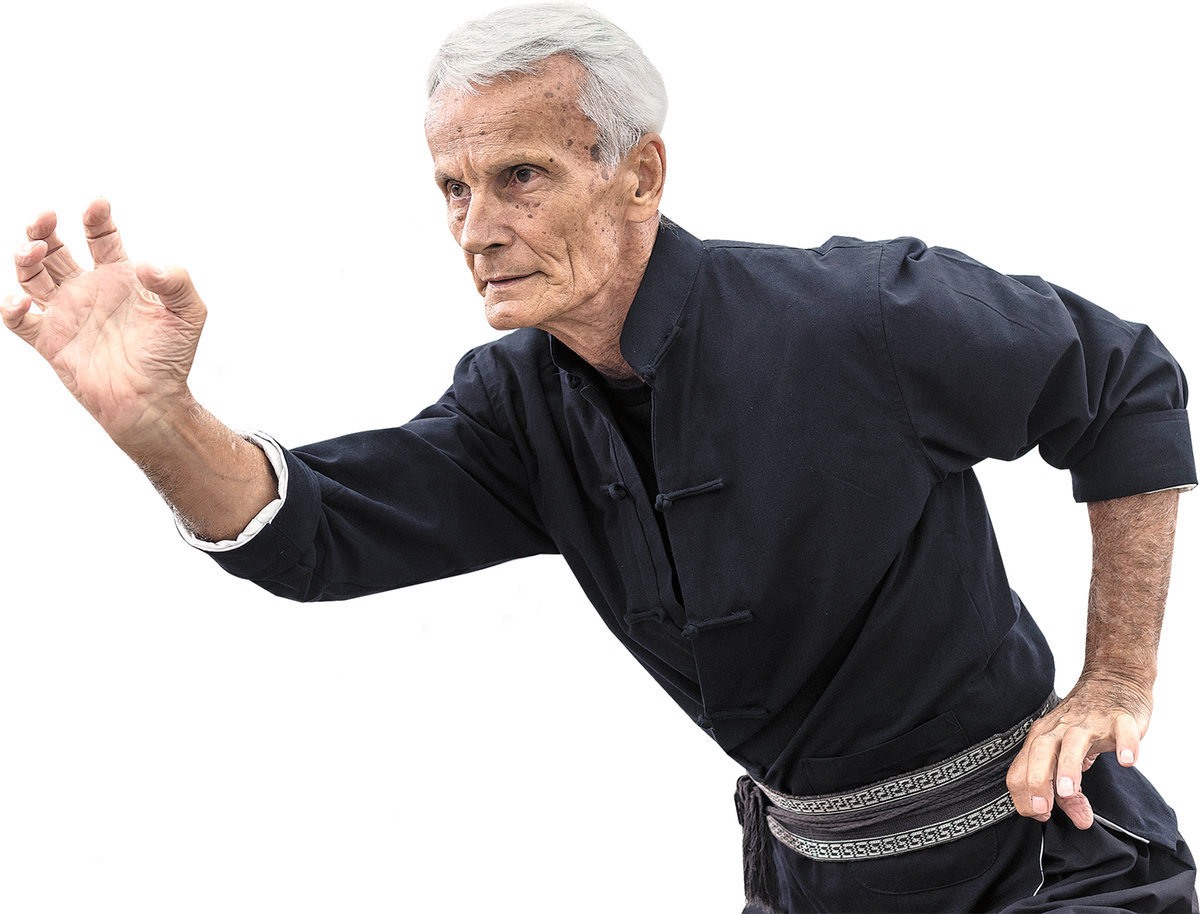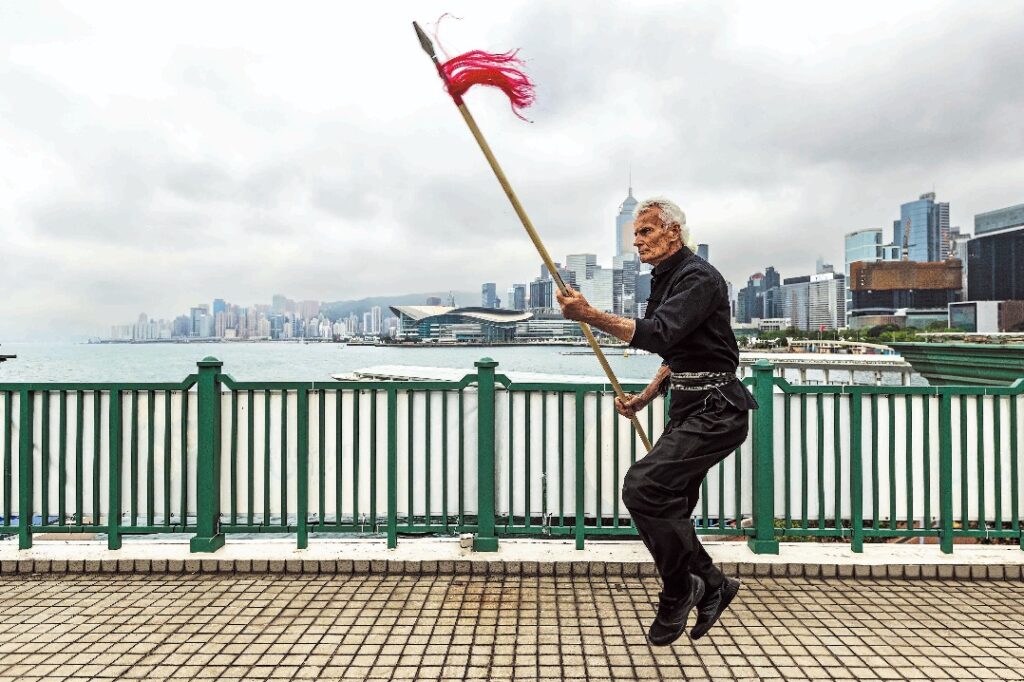
Ganbogin SUI PIU/China Daily
Preserved traditions
Wilfred Lam Chin-ting, chairman of the Hong Kong Kin Wu Athletics Association, a martial arts group with a history of nearly 100 years, said he didn't know the exact number, but many foreigners visit Hong Kong every year to learn Chinese martial arts. The COVID-19 pandemic has greatly hindered this trend, but it has been gradually recovering recently.
These foreign enthusiasts are mostly from the United States, Europe, Australia and South Asia. They are attracted to Hong Kong's reputation for preserving the most traditional Chinese martial arts. Hong Kong martial arts practitioners do their best to preserve the most classic routines, stances, etiquette and cultural characteristics associated with their discipline.
According to Yep Tak-ping, a senior lecturer at the Education University of Hong Kong and president of the Hong Kong Society of History and Culture, the popularity of Hong Kong kung fu films in the last century encouraged many foreigners to visit Hong Kong and take up martial arts training.
After completing their training, many of them returned to their home countries, established their own martial arts schools and became important figures in promoting Chinese martial arts and culture overseas.
These schools have been successful in training generations of students, and although Hong Kong kung fu films are in decline, these students, influenced by their masters, have an understanding of Chinese martial arts style and a deep respect for its Hong Kong origins.
According to Yip, some of them visit Hong Kong to learn kung fu, explore the technique in greater depth and immerse themselves in the rich cultural traditions associated with Chinese martial arts.
Foreigners are attracted to Chinese martial arts not only for the physical skills but also because of the inherent values that kung fu embodies, Yip noted.
Kung fu embodies the chivalry of protecting the weak, respect for nature and humanity that is rooted in Taoist philosophy, and the unity of mind and body, benefiting both physical and mental health.
These values have universal appeal that transcends borders, regional differences and the passage of time, Yip stressed.
To promote Chinese martial arts, it is crucial to recognise modern needs and adapt martial arts values to the current context, Yip said. This can be achieved through initiatives such as incorporating martial arts into values-based education and mind-body wellness programmes.
By adapting Chinese martial arts to modern contexts, its impact can be maximised, allowing more people to benefit from the ancient and timeless wisdom that Chinese martial arts have to offer, Yip added.

